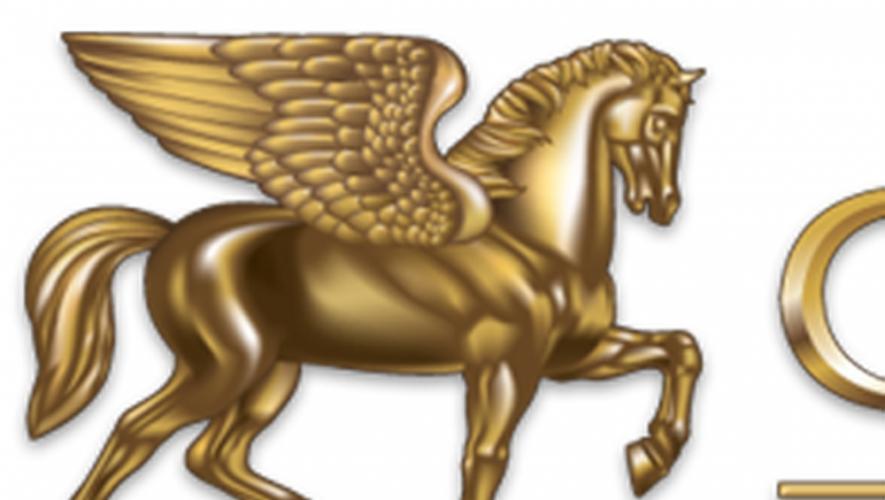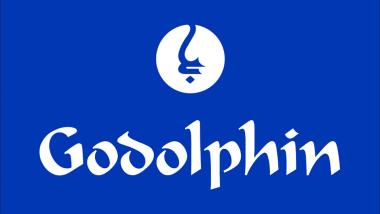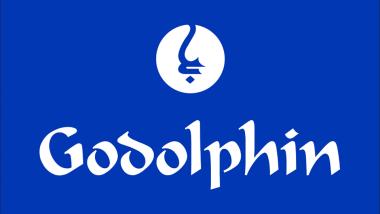Opposites attract a stroke of marketing genius
The Pegasus World Cup offers racing a fresh new chapter in its modern development.

It is extremely rare for compilers of the Longines World's Best Racehorse Rankings to wait less than a week to test the validity of their figures.
But the spanking-new Pegasus World Cup, to be run at Gulfstream Park, Florida, on Saturday offers an immediate opportunity to find out if racing officialdom got it right, or blatantly wrong, in their judgement of the 'Class of 2016.'
Reputations are at stake, and in this case, not just those of the horses, many of whom performed admirably throughout the year.
Arrogate (134) won the accolade World's Best Racehorse by 1 point (or 1lb) from California Chrome (133), who only days before had been voted Horse of the Year at the annual Eclipse Awards in the United States.
The epic clash between the two American superstars in the G1 Breeders' Cup Classic at Santa Anita in November was fresh in the minds of most - and the honour of topping the ratings was well-deserved and seemed to sit comfortably on the shoulders of the younger horse.
But, who could have imagined that circumstances would have changed so much next time they were scheduled to meet, only weeks later?
There is something deliciously marketable about California Chrome being asked to start from the extreme outside of the field (12 of 12) this time, whereas the old warrior had enjoyed an inside draw in the Classic.
And the opposite is applicable to Arrogate, who jumped from 9 (of 9) in the Classic and now has the inside gate (1), which seems certain to force him into a more dominant role early in the race, especially as the one mile and one-eight distance features a relatively short run to the first bend.
The Pegasus concept is fascinating. It is commendable that racing is attempting to develop a new idea - and it is certainly novel to be asking owners to buy their slot in a big race and then looking for the right horse to fill it.
'Buy the slot, then find the horse' seems to be going about things back-to-front, but it is worth noting that 6 of the original stakeholders - they each paid $1m for their slot plus a slice of the revenue from the event - have supplied their own horses.
That the first three home in the Breeders' Cup Classic are lining up in the new $12m race gives it an immediate endorsement and a decent chance to evolve.
One of its most appealing features is the race's place in the global racing calendar. Potential sires can run in the Pegasus, yet still have time to go to stud that same year.
Another feature is a 5lb weight concession to those who do not run on Lasix.
If nothing else, the Pegasus World Cup offers racing a fresh new chapter in its modern development.


















